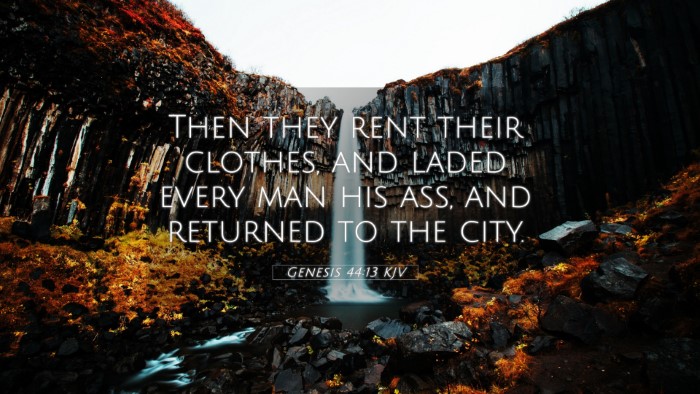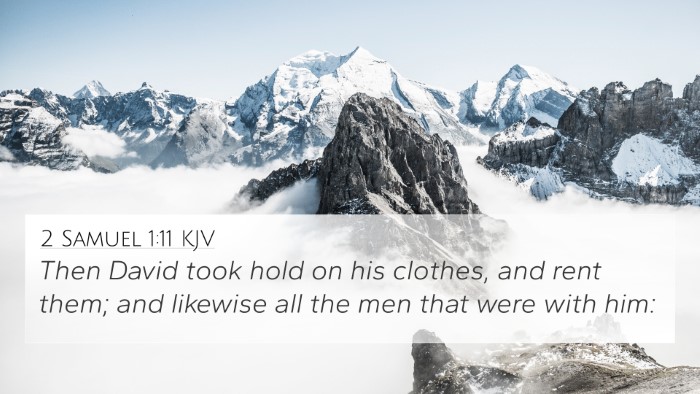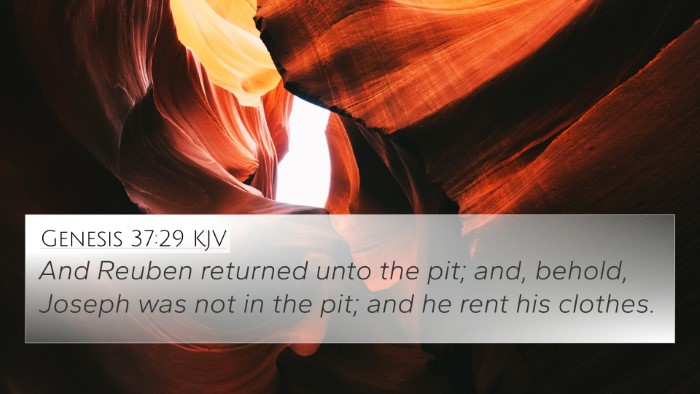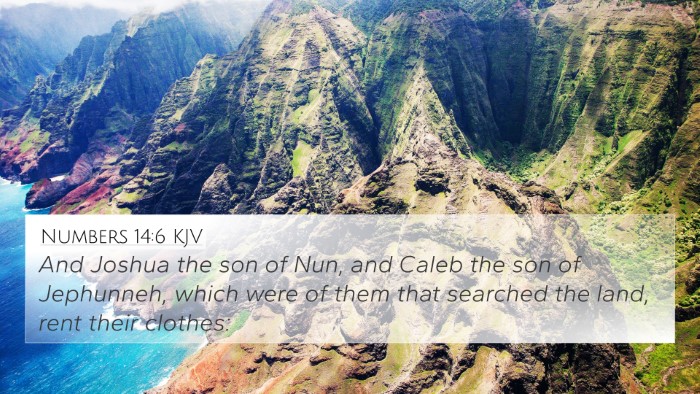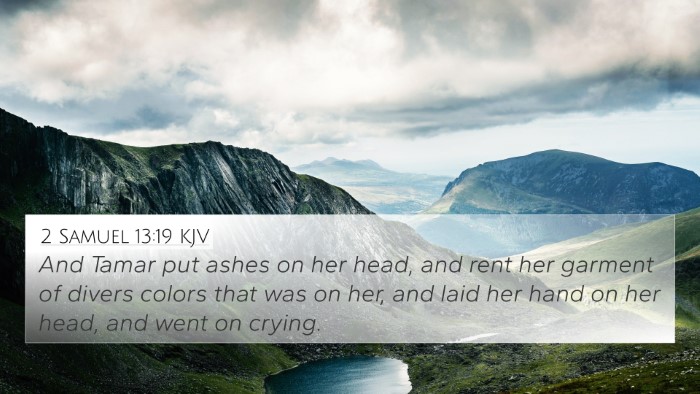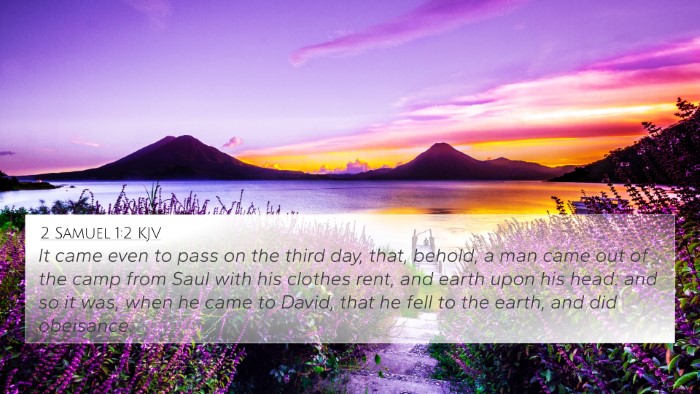Understanding Genesis 44:13
Genesis 44:13 states: "Then they tore their clothes, and every man loaded his donkey, and they returned to the city." This verse captures a dramatic moment in the narrative of Joseph and his brothers, elucidating themes of guilt, repentance, and familial loyalty.
Summary of Insights
The interpretations of Genesis 44:13, derived from esteemed public domain commentaries, highlight several important elements in this verse's context and meaning:
-
Emotional Reaction: The act of tearing their clothes signifies extreme distress and mourning, a common practice in Hebrew culture when faced with overwhelming grief or despair (Matthew Henry).
-
Prompt Response: The brothers' immediate return to the city illustrates their sense of urgency and accountability after Joseph's revelation of the silver cup theft (Albert Barnes).
-
Sense of Guilt: This incident provokes a deep sense of guilt within them, showcasing their recognition of past wrongdoings against Joseph, which compels them to confront the current crisis (Adam Clarke).
-
Thematic Importance: The tearing of clothes not only emphasizes their emotional state but also serves as a symbolic gesture indicating a broken relationship that needs mending (Matthew Henry).
-
Connections to Repentance: This moment marks a turning point where the brothers begin to feel the weight of their actions, leading to a potential change in character and repentance (Albert Barnes).
-
Family Dynamics: Their collective response highlights the bonds of brotherhood and the shared burden of guilt that they carry, reflecting on the theme of unity in adversity (Adam Clarke).
-
Foreshadowing Redemption: The distress of the brothers foreshadows the redemptive narrative to unfold later, encapsulating a complex relationship with Joseph (Matthew Henry).
Bible Cross-References
To further enrich the understanding of Genesis 44:13, we can explore several cross-references that connect this verse to other significant scriptures:
- Genesis 37:34-35 - Joseph’s father, Jacob, responds to the news of Joseph's presumed death with similar mourning practices.
- Genesis 42:21 - The brothers acknowledge their guilt for their past actions against Joseph, leading to their distress in this current situation.
- Exodus 34:28 - The act of tearing one’s clothes in response to a grave sin, resonating with the emotional response of the brothers.
- James 4:9 - A New Testament reflection on the need for sorrow and mourning over sin, paralleling the brothers' emotional turmoil.
- Psalms 38:18 - The psalmist expresses a similar sentiment of deep sorrow for sin, linking emotional and spiritual responses to guilt.
- Psalm 51:17 - Understanding the heart of repentance, which is broken and contrite, similar to the emotional state of the brothers.
- Luke 15:18-19 - The prodigal son’s moment of realization serves to mirror the brothers’ recognition of their wrongs, marking a thematic parallel.
Thematic Connections
The examination of this verse through cross-referencing opens avenues to explore deeper themes in the narrative:
-
Inter-Biblical Dialogue: Genesis 44:13 reflects a dialogue between the Old and New Testament themes of guilt and redemption, encouraging profound inquiries into human nature and divine forgiveness.
-
Comparative Analysis: Through detailed cross-referencing, the connections between the actions of the brothers in the Genesis timeline and the teachings of repentance in the New Testament become evident, enriching the overall understanding of Biblical themes.
Tools for Bible Cross-Referencing
To engage more comprehensively with Genesis 44:13 and related scriptures, one can utilize various resources, including:
-
Bible Concordance: A comprehensive tool for finding specific verses and their occurrences across different books of the Bible.
-
Bible Cross-Reference Guide: Resources designed specifically for connecting scriptures and enhancing Bible study through thematic links.
-
Cross-Reference Bible Study Methods: Various approaches to studying the Bible that emphasize thematic and narrative connections between verses.
Conclusion
In conclusion, Genesis 44:13 serves as a poignant moment that transcends individual narrative, inviting readers into a rich exploration of emotional response, guilt, and the potential for redemption. The verse acts as a bridge, linking themes found throughout the scriptures and opening avenues for deeper reflection and study.

